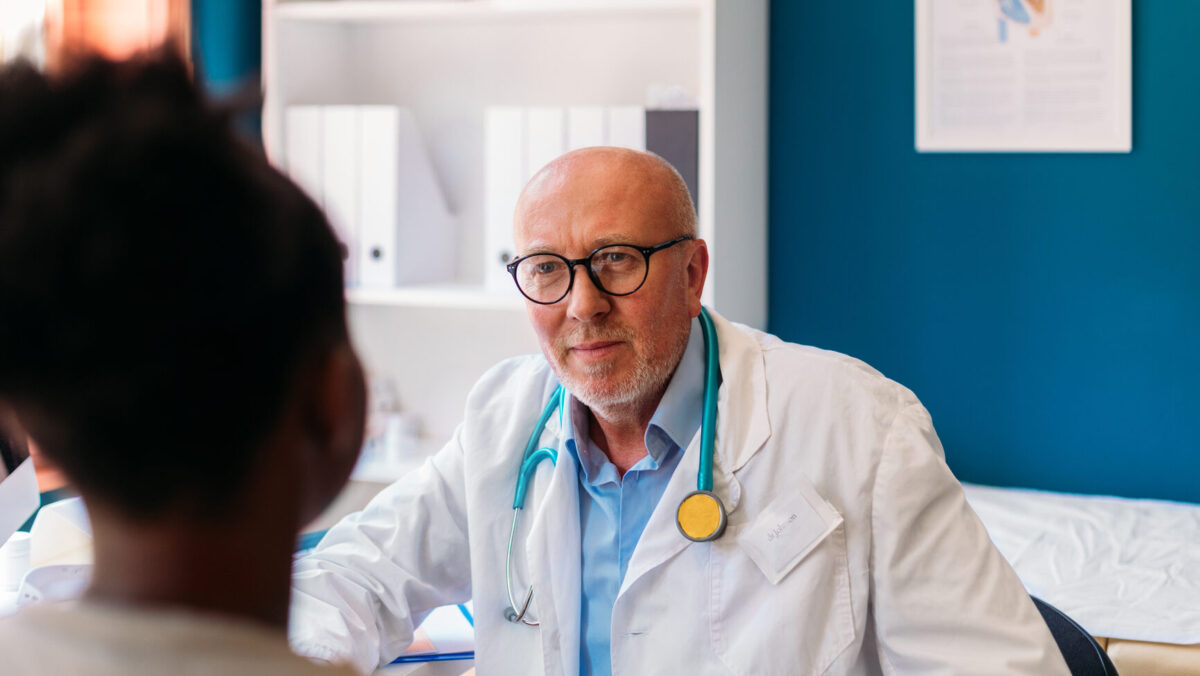
How LOGEX set up a European hospital collaborative and used RWE to tackle variations in treatments and outcomes in HER2+ BC
The challenge
In Europe, multiple efforts exist to understand the optimal treatment for breast cancer better, yet there are still significant knowledge gaps. In particular, the drivers that influence outcomes and the current variation in treatment practices between hospitals in and across countries are still relatively unexplored.
In this project, we worked together with a top-tier global pharmaceutical company, which was challenged with limited ways to track and monitor real-world drug treatment patterns in breast cancer in Europe. Aligned with the hospitals, our goal for this project was to measure processes, costs and outcomes to improve patient outcomes in practice.
There was no available system that combined all these insights from different hospitals and countries in one overview, capable of comparing and improving healthcare in daily clinical practice.
The solution
We set up a program within the network to provide insights into the current treatment pathways of breast cancer patients in Europe. The program’s goal was to make observations available to the participating hospitals, based on which improvement cycles were initiated and monitored. The program is set up in 5 countries (the Netherlands, the UK, Sweden, Finland, Spain), including a first group of 7 influential hospitals for the treatment of breast cancer.
The first challenge was to get insights from different real-world data (RWD) systems into one overview. We set up a coherent way to validate and analyse the diverse dataset, using smart algorithms to perform data cleansing and automatic validation. Independent validation sessions with the hospital specialists were scheduled while contextually providing valuable insights to the hospitals on their treatment patterns. LOGEX built views and analytical reports on patient pathways, considering more than 20 different KPIs.
The impact
The result is a live international network of hospitals, enabling in-depth insights and discussions on future areas of improvement amongst physicians. The program is intended to provide a robust data infrastructure with a long-term focus that can support hospitals and other partners with diverse research questions and improvement initiatives.
Through this program, we could find rich sets of observations on pathway variations, interesting either for improving the BC healthcare provision or for further research. Such observations were openly discussed by experts from different hospitals and countries and can now be used as a basis to initiate learning & improvement cycles.
The clear and open communication with our users enabled our dedicated team to create a customised dashboard for the SAZ heart failure program in record time. The users can now access up-to-date and automatically generated relevant insights that help medical professionals to improve patient care.
Short-term impact
Short-term impacts are insights focusing on treatment differences in neo-adjuvant therapy between hospitals. We facilitated an interesting discussion on treatment decisions and cross-learning for these hospitals to review current guidelines.
Better practice examples were also shared in terms of outpatient mastectomies. In the UK, a large percentage of surgeries, also breast removal surgeries, were performed not in a clinical but in an outpatient setting. In other countries, this percentage was significantly lower, up to 0% of mastectomies. Physicians were interested in this significant difference, fast-tracking developments to enable out-patient mastectomies in other countries. This way, we aim to drive further improvement of care and better patient experiences.
Long-term impact
The possible impact of COVID-19 on the diagnosis and treatment of breast cancer patients was one of the long-term observations included in this program. For example, what kind of effect did COVID-19 have on the hospitals? This issue was assessed not just in terms of how many patients were infected but also how COVID-19 influenced the treatment strategies. For instance, insights on the delays in surgeries, resulting into a backlog of care.
Next steps
In summary, this European network enabled insights on the patient pathways of breast cancer patients in multiple countries, facilitating cross-learning and tangible improvement opportunities in practice.
Hospitals recognise that the network, together with its programs, is a starting point, a powerful stakeholder and a data platform capable of generating impactful insights over time in breast cancer and other therapeutic areas. The network allowed hospitals to participate in vital research and increase their research output – all while staying in full control and ownership of your data.
We have big plans for continuing and extending this hospital network, exploring the opportunities that ARWEN can offer. In the first place, more countries and more hospitals per country are to be included. Secondly, more extensive analyses are done to provide more detailed insights. Finally, more cross-learning sessions are to be organised to drive further improvements in practice.
Would you like to turn your data into better healthcare?